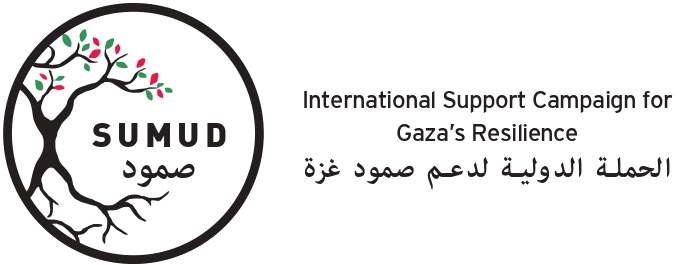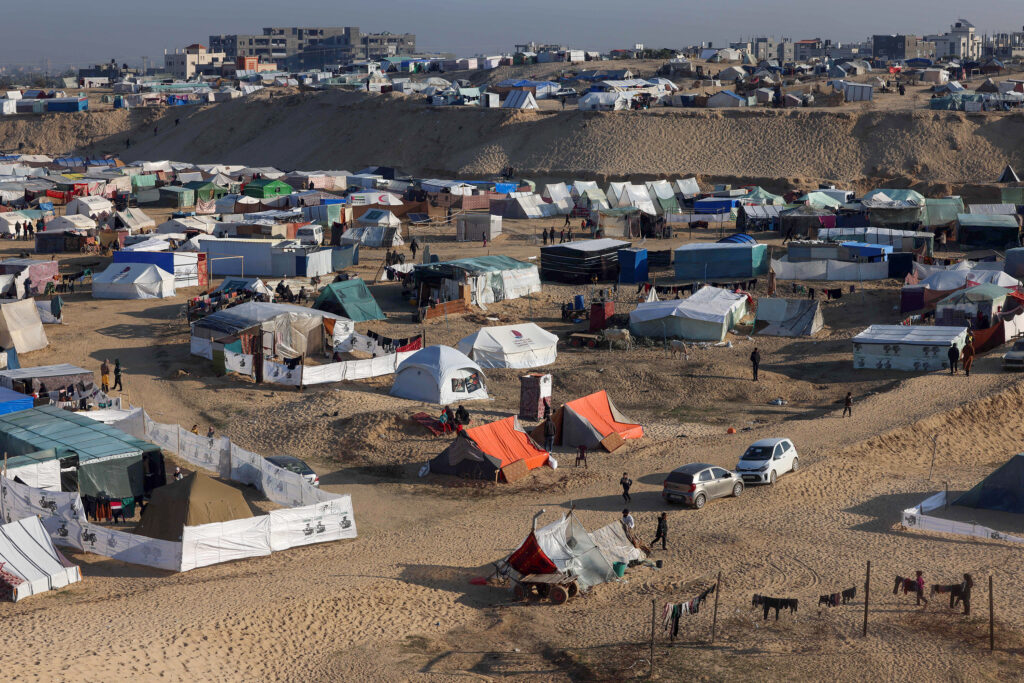The brutal attacks of the occupation army forced 1.9 million Palestinians to flee, and more than 75% of the homes and buildings in the Gaza Strip were effectively destroyed, including most of the vital facilities of the electricity, water, sanitation, and roads. In both shelter centers and places of displacement, people are crowded together at least 10 double the carrying capacity of any of these sites, effectively turning it into an environment for severe hunger, disease outbreaks, and loss of psychological and social safety.
In addition to the siege that prevented supplies from entering and reaching these displaced people, the systematic destruction of local institutions leaves these displaced people without any services, care, or protection, specifically in light of the absence of international institutions.
The presence of local Palestinian institutions will represent a real guarantee for these displaced people, their rights and their ability to express and achieve their real needs, and a sign of society’s ability to rise and reorganize itself, and to prevent the undermining of the social structures and networks that contribute to meeting the needs of all people including the marginalized segments and promote self-initiatives to meet these needs. In this context, transforming tens of thousands of teachers, nurses, job holders, and skilled workers into volunteers who collectively advance their society instead of being mere recipients of consumable aid is the guarantee of transforming this aid into a sustainable context for the advancement of Palestinian society and the restoration of life.

